Table of Contents
Democracy:
The word ‘Democracy‘ has originated from two Greek words ‘Demos‘ and ‘Cratia‘. ‘Demos’ means people and ‘Cratia’ means power. Thus, democracy means a form of government in which the power is exercised by the people. Thus, democracy means a form of government in which the power is exercised by the people. In the words of Abraham Lincoln, “Democracy is a government of the people, by the people and for the people”. According to Seeley, “Democracy is a government in which everyone has a share”.
Types of Democracy:
Democracy is of two types-
- Direct Democracy is that form of government in which all the citizens directly participate in the affairs of the state. All the citizens participate in the making of laws, taking of important decisions and executing them. This in fact, is the true form of democracy. But the working of this system is possible only in those states whose population is very small. It prevailed in many ancient city-states. Nowadays since the population of most of the states is in crores, the working of this system is not possible. At present, this system prevails in Switzerland.
- Indirect Democracy is that form of government in which the citizens elect their representatives for a certain period and the administration during that period is run by those representatives. Ordinary citizens do not participate directly in the making of laws and their execution. This system prevails in India, England and U.S.A.
Merits of Democracy:
The merits of democracy are as under-
- It is based on equality. Under this system, there is no discrimination among citizens on the basis of caste, colour, creed, religion, language, sex etc.
- It aims at the welfare of all. The government does not work for the welfare of any particular class or section of the people.
- It is based on Public Opinion. Under this system, the administration is run by representatives who are elected by the people.
- People get a political education.
- The government is responsible. It cannot become despotic.
- It protects the rights and liberties of the people.
- There is little chance of revolution under this form of government.
- It promotes patriotism and unity of the country.
- There is efficiency in administration since there is the willing obedience of laws by the citizens.
- The government can be changed by peaceful means.
- It serves as a school for good citizenship.
- It builds character.
Demerits of Democracy:
The demerits of democracy are as under-
- It gives more importance to quantity rather than quality.
- It is the rule of incompetent persons.
- There is a lot of wastage of public money and time in a democracy.
- It is a government that favours the rich only. Only rich people can fight elections and get elected.
- All the evils of the party system are present in democracy.
- It lowers the moral standard of the people. There is a lot of false propaganda and promise during the elections.
- In a democracy, a dictatorship of the majority party is possible.
- It is an unstable government, especially in those countries which have many political parties.
- It is a weak government. It cannot face war and other emergencies effectively.
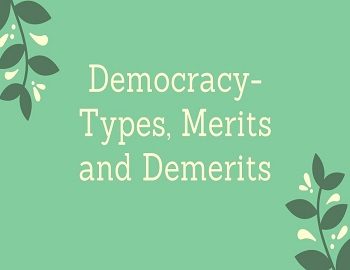
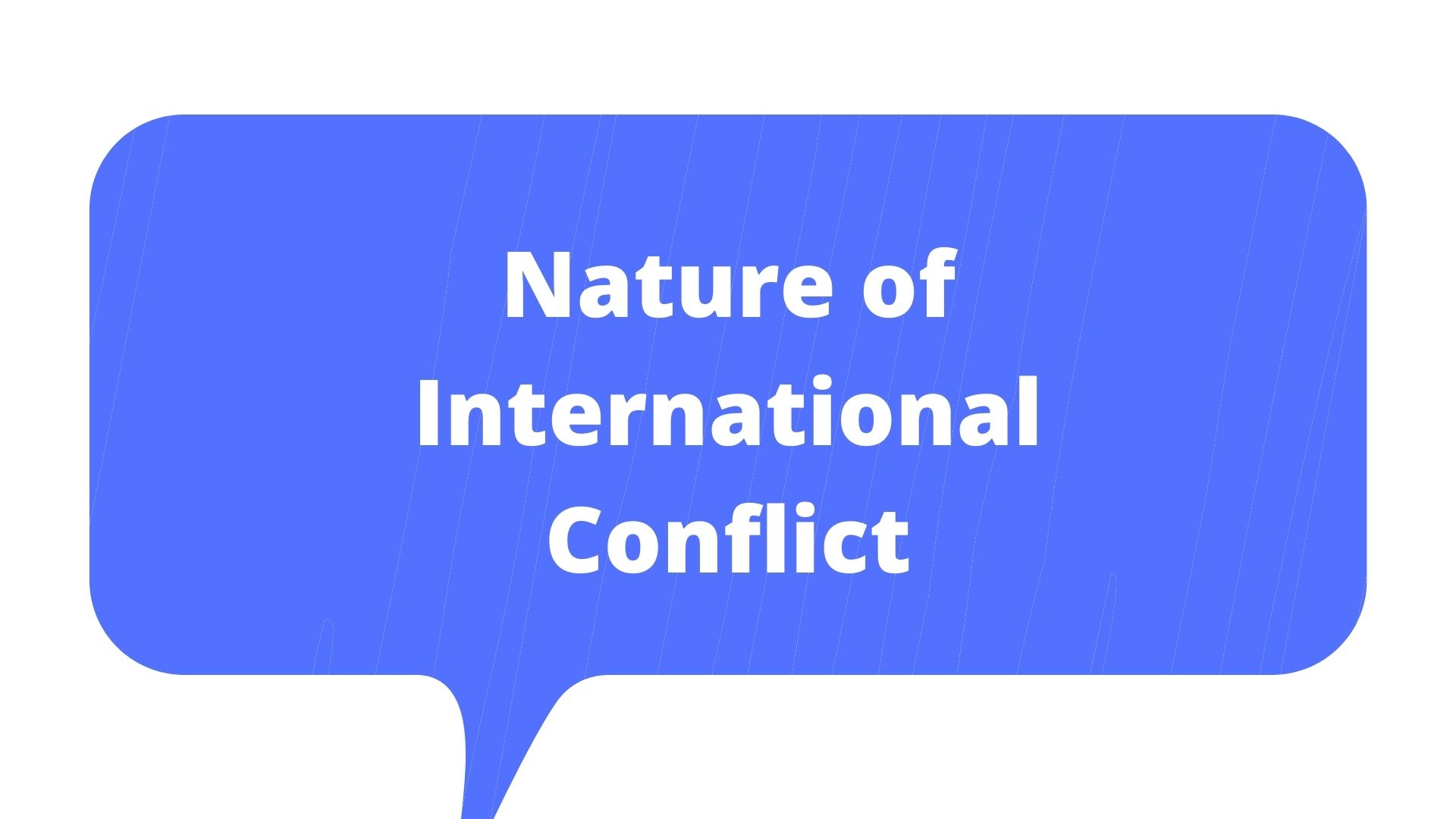
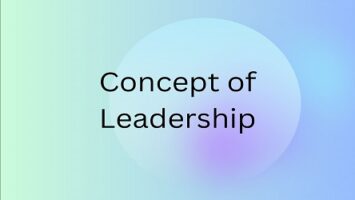

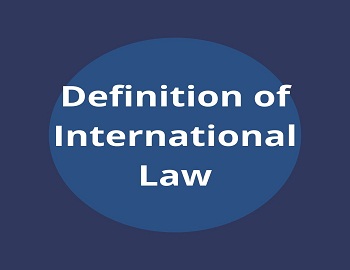

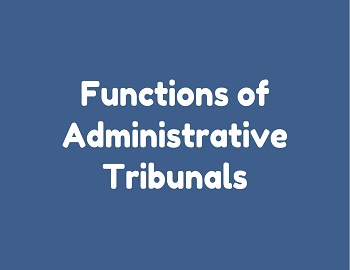


Comments (No)